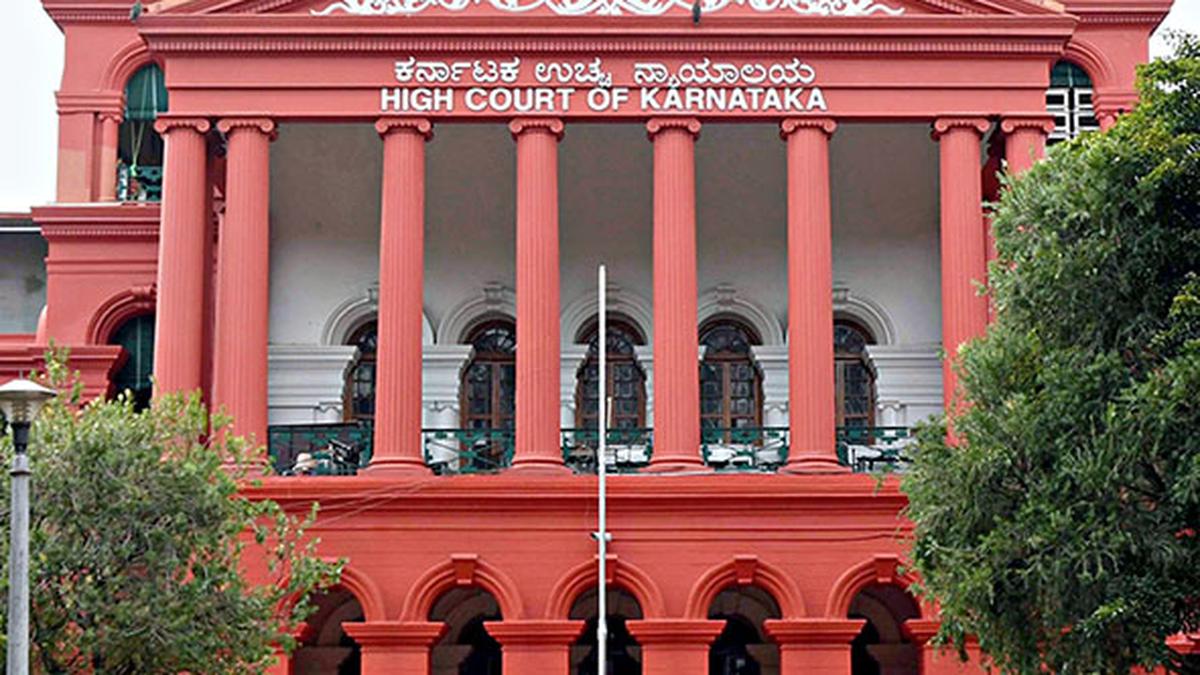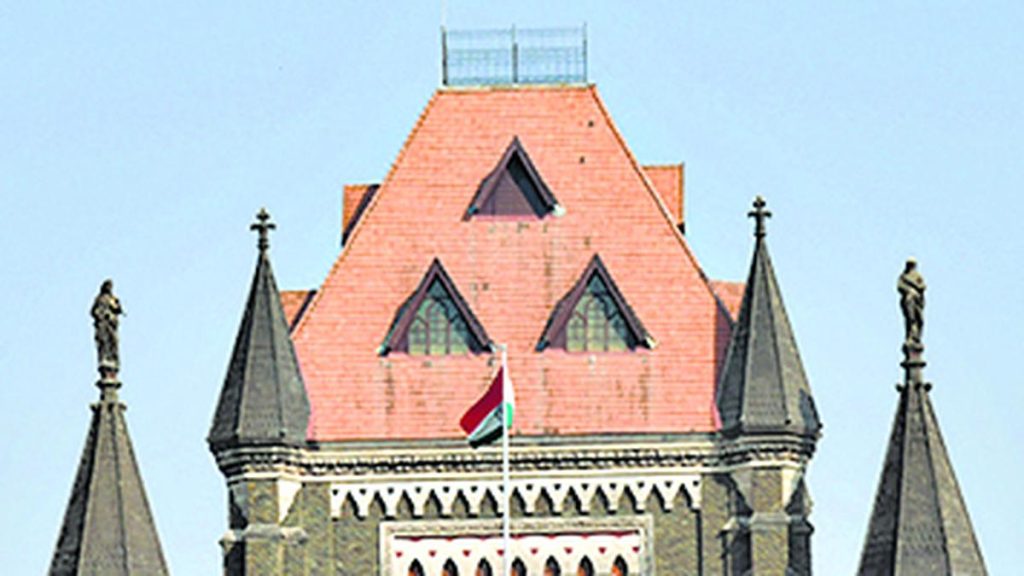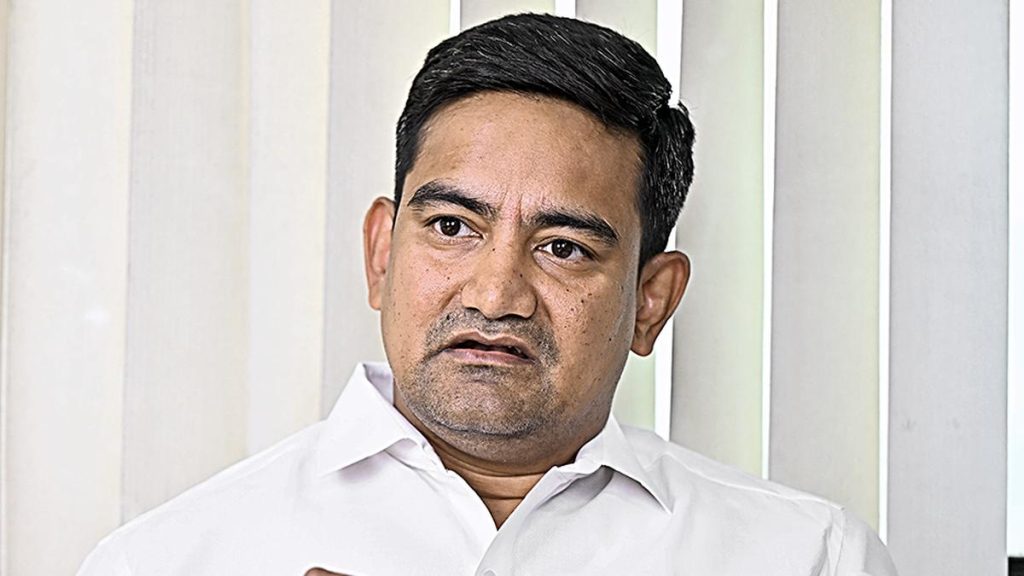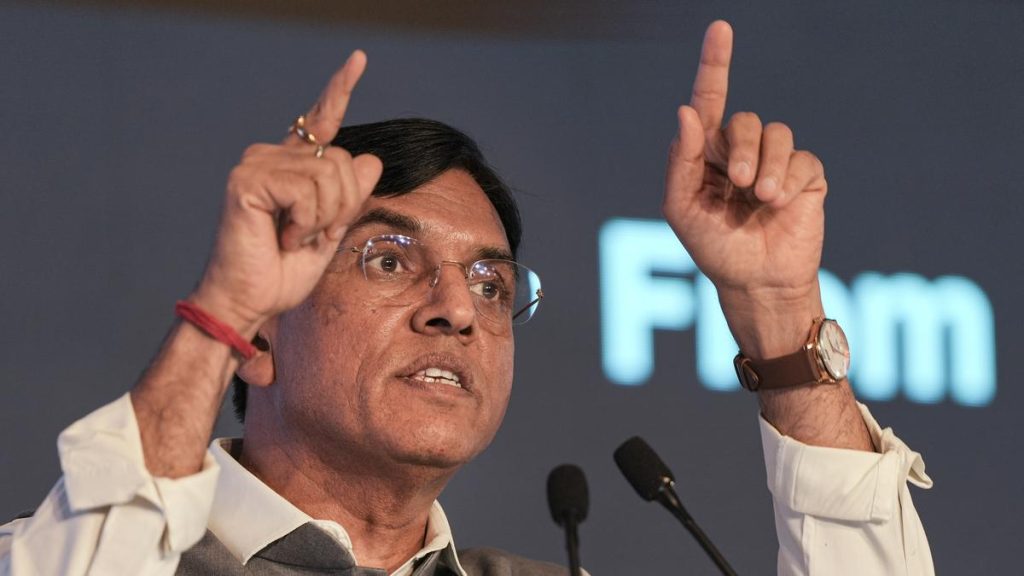Now Reading: Karnataka High Court Urges Quick Guidelines for Police on Non-Cognisable Offences Under BNSS
-
01
Karnataka High Court Urges Quick Guidelines for Police on Non-Cognisable Offences Under BNSS
Karnataka High Court Urges Quick Guidelines for Police on Non-Cognisable Offences Under BNSS

Swift Summary
- The Karnataka High Court urged the State government to expedite the framing of rules for police operations regarding non-cognisable offences under the Bharatiya Nagarik Suraksha Sanhita (BNSS).
- Justice V. Srishananda noted that the BNSS,which came into effect on July 1,2024,lacks accompanying rules guiding police handling of complaints in such cases.
- According to BNSS provisions, police must seek permission from a jurisdictional magistrate before investigating non-cognisable offences unless a cognisable offense is also involved.
- The BNSS requires police stations to maintain records and forward reports on non-cognisable complaints to magistrates for further directives if investigations are warranted.
- The court observed procedural violations where Hutti police in Raichur district filed an FIR and charge sheet for a non-cognisable offence without obtaining prior judicial authorization as mandated by Section 174 of the BNSS.
Indian Opinion Analysis
The Karnataka High Court’s observations underscore critical procedural gaps in implementing the Bharatiya Nagarik Suraksha Sanhita (BNSS).While these regulations aim to streamline case-handling and ensure due judicial oversight for non-cognisable offences, the lack of operative rules exposes state machinery’s lagging responses. This delay increases risk of procedural lapses by law enforcement agencies, evident in cases like Raichur’s.
Timely rule framing is essential not only for adherence to legal mandates but also for maintaining public confidence. Clarity provided through well-defined guidelines can reduce chances of overreach or misapplication by authorities while ensuring fairness within India’s broader criminal justice system.
Read more at https://www.thehindu.com/
























